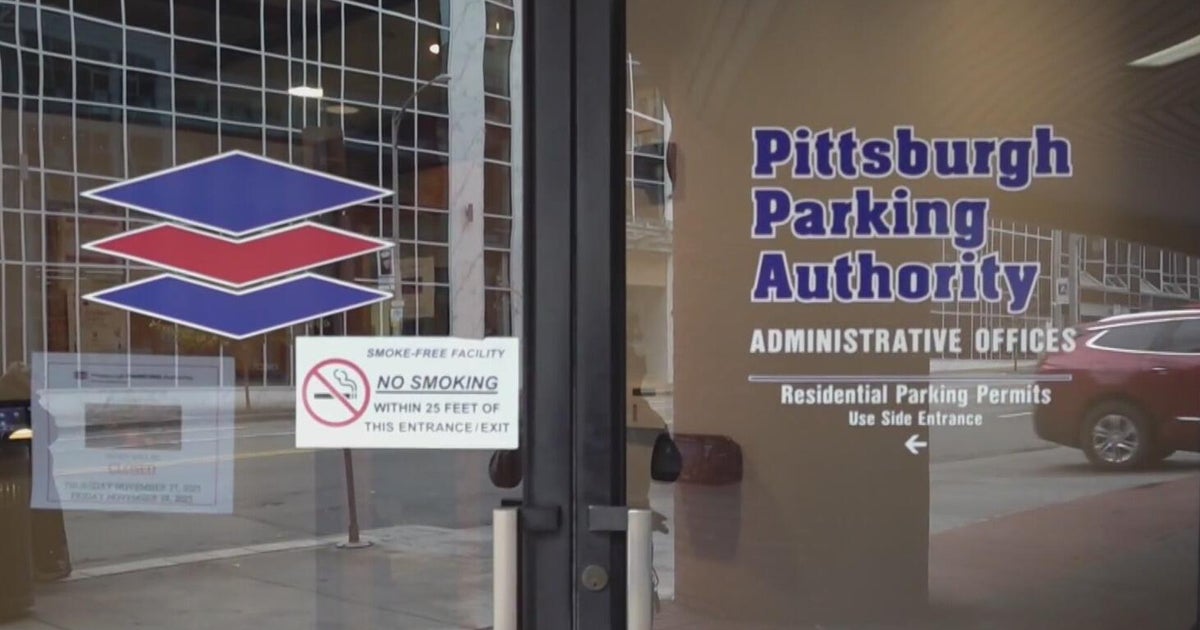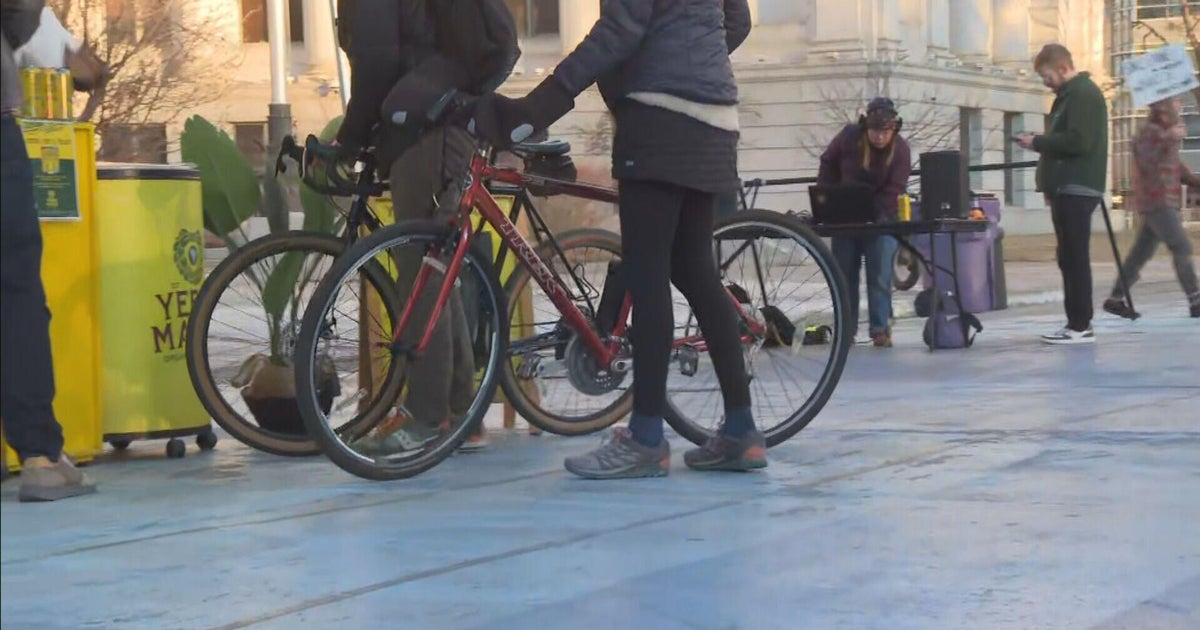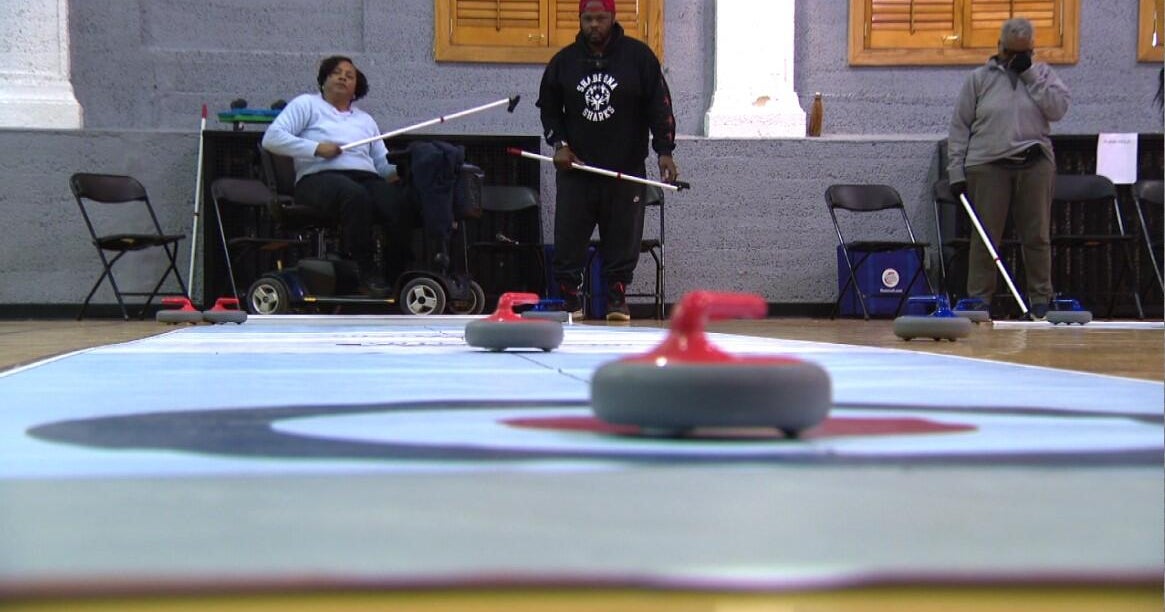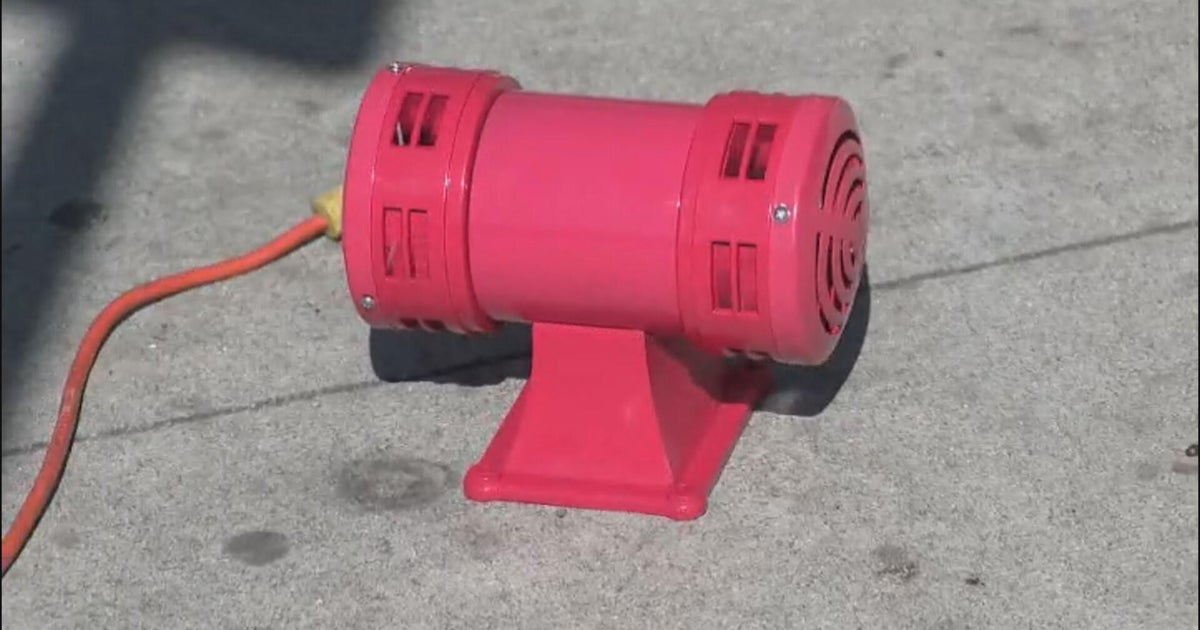Sequestration Would Mean Fewer Meals On Wheels In MN
BROOKLYN PARK, Minn. (WCCO) -- Each morning, 35 locations around the Twin Cities metropolitan area prepare in-home meal deliveries for thousands of Minnesota seniors.
At the Community Emergency Assistance Program in Brooklyn Park, director Clare Brumback explains what's on the lunch menu.
"Today it is Swedish meatballs, mashed potatoes and mixed vegetables," she said Monday.
The hot meals are packed by volunteers and carried out to a parking lot. The meals are loaded into vehicles and driven directly to the doors of seniors and disabled clients – people like Ethyl Brooks, who with the program's assistance is still living independently.
"It is very important, because I am not able now to prepare my meals like I used to," Brooks said.
But if the mandated federal budget cuts take effect on Friday, Minnesota's Nutrition Assistance program would sustain a cut of some $845,000.
And with fewer dollars coming in, fewer Meals on Wheels deliveries will be going out.
"This is not a service that is an extra in anyone's life - this is an absolute basic needed service," Brumback said.
Without agreement between the White House and Congress, Meals on Wheels is one of many federally-funded programs that would feel the budget ax.
It would leave program administrators with few choices. Either they find the money elsewhere or serve fewer seniors.
"Five percent, what's that? Seven or eight people would potentially be cut, and that's the last thing we want to do. The second to the last thing would be to pass the costs onto people who already can't afford it," said Patrick Rowan, the program's executive director.
The Meals on Wheels program is actually saving Medicare dollars by keeping people in their homes. An analysis of the program in 2012 found that for every dollar spent on meals on wheels there is a savings of $4.27 in federal spending.







